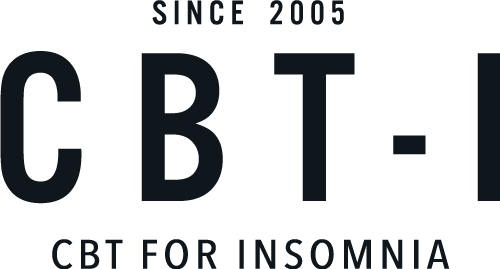Age Differences in the Effects of Sleep Deprivation
Previous research on variability in responses to sleep deprivation found that younger and longer sleepers are more sensitive to the effects of sleep loss. One of the few studies involving middle-age adults found their performance after sleep deprivation was not significantly altered. Another study found that older adults appear to need less sleep than younger people. Since middle age and older adults represent a large segment of the sleep-deprived population, these findings indicate that our understanding of sleep loss is far from complete.
A new study examined age differences in the effects of sleep deprivation on mood. In the study, young (18–30 years) and older adults (60–72 years) participated in either a sleep control or a total sleep deprivation condition. Sleepiness, mood and common symptoms of sleep deprivation were measured using established questionnaires and ratings. On all outcome measures assessing negative affect, depression, confusion, tension, anger, fatigue, total mood disturbance, hunger, cognitive attenuation, and irritability, older adults showed a smaller negative response to sleep deprivation. These results indicate that older adults are emotionally less affected by sleep deprivation than young adults. As the researchers concluded, these results highlight that caution is warranted when generalizing results from sleep deprivation studies across the adult lifespan.
